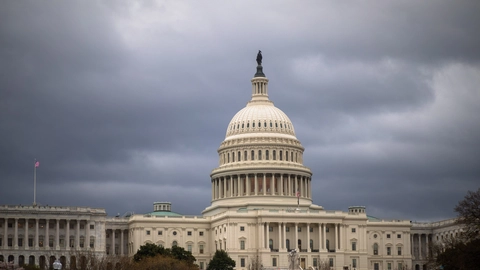The Institute for the Study of War (ISW) has reported that Russia's economy is facing mounting challenges due to the war in Ukraine and Western sanctions.
Reducing Compensation
Recent Kremlin policies indicate that Vladimir Putin is increasingly concerned about long-term economic stability.
In an effort to cut costs, Russia has implemented measures targeting government spending, including medical treatment for wounded soldiers.
These moves, alongside attempts to address inflation and demographic issues like low birth rates and labor shortages, suggest that the Russian economy is less resilient to sanctions and war-related pressures than officials admit.
On November 13, Putin signed a decree reducing compensation for soldiers wounded in Ukraine, according to Digi24.
The initial one-time payment of 3 million rubles (approximately $30,000) is now reserved for those severely injured in combat.
Soldiers with minor injuries will receive reduced payments: 1 million rubles ($10,000) for moderate injuries and 100,000 rubles ($1,000) for minor wounds.
Putin Handles it Personally
This decision sparked outrage among Russia's ultranationalist military blogging community.
In response, Putin increased the payment for severely injured soldiers to 4 million rubles ($40,200) on November 14.
However, this adjustment applies only to those whose injuries result in permanent disability.
ISW analysts argue that financial incentives have been crucial to Russia's military recruitment and retention strategies over the last three years.
Scaling back these benefits signals that the system is becoming economically unsustainable for the Kremlin.
The reduction in monetary support also raises doubts about whether Russia's defense industry can sustain the production levels needed to replace weapons lost during the war.
A recent state-affiliated survey suggests that most Russians feel unaffected by the conflict in Ukraine. This growing indifference among the public is a concern for Russian elites and officials.
Meanwhile, Kremlin spokesperson Dmitri Peskov emphasized that Putin is personally handling Ukraine-related issues.



















